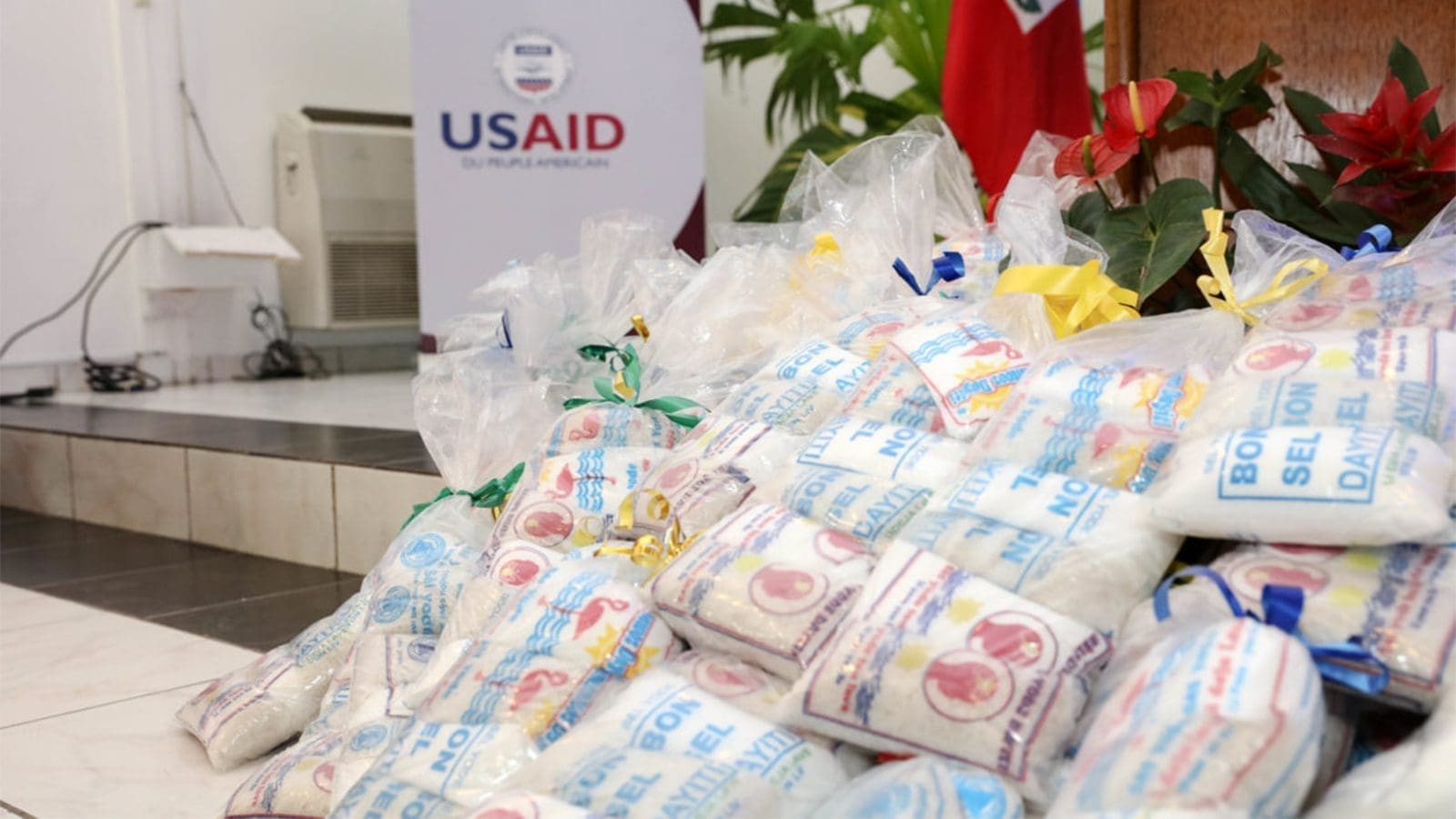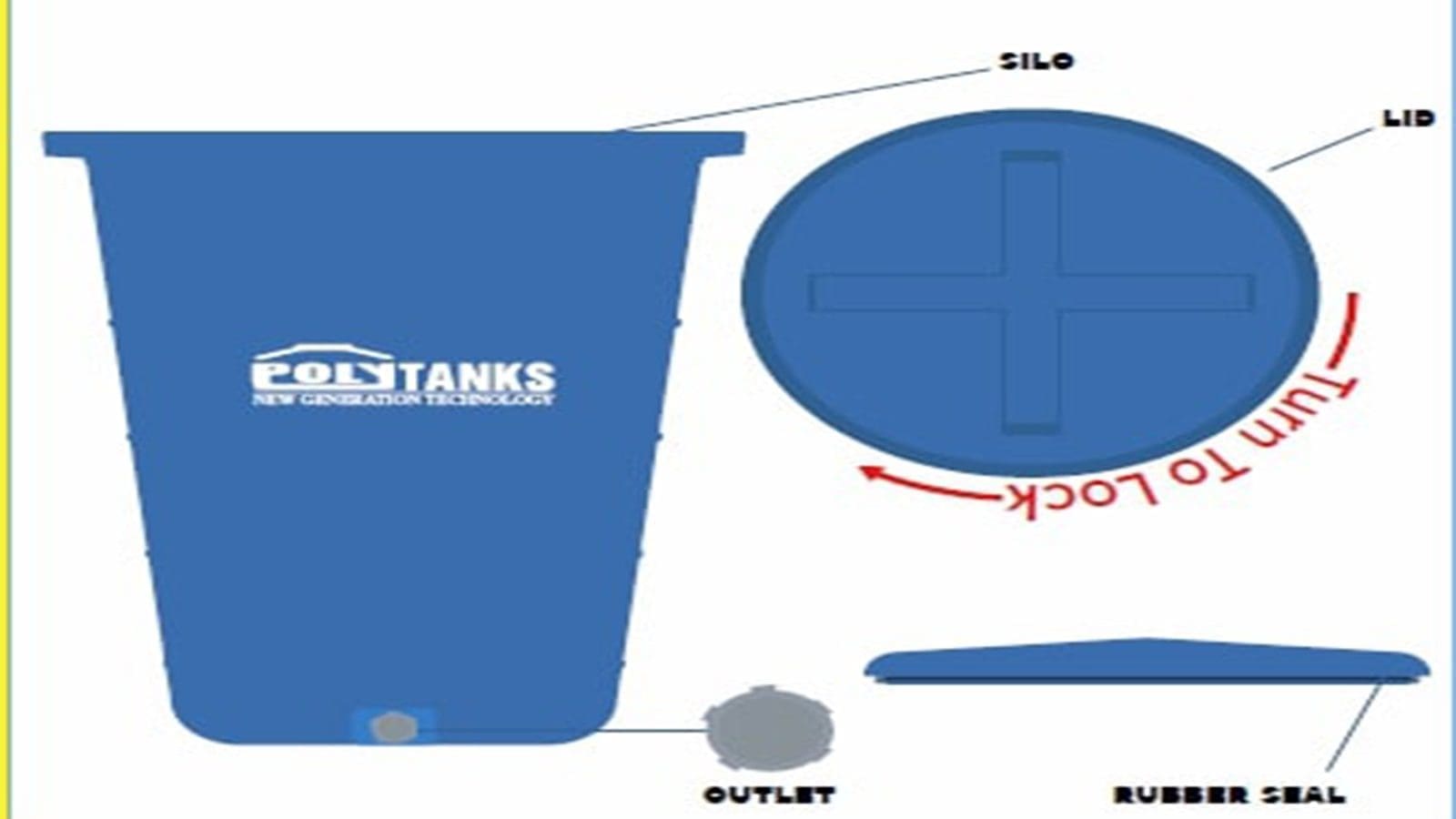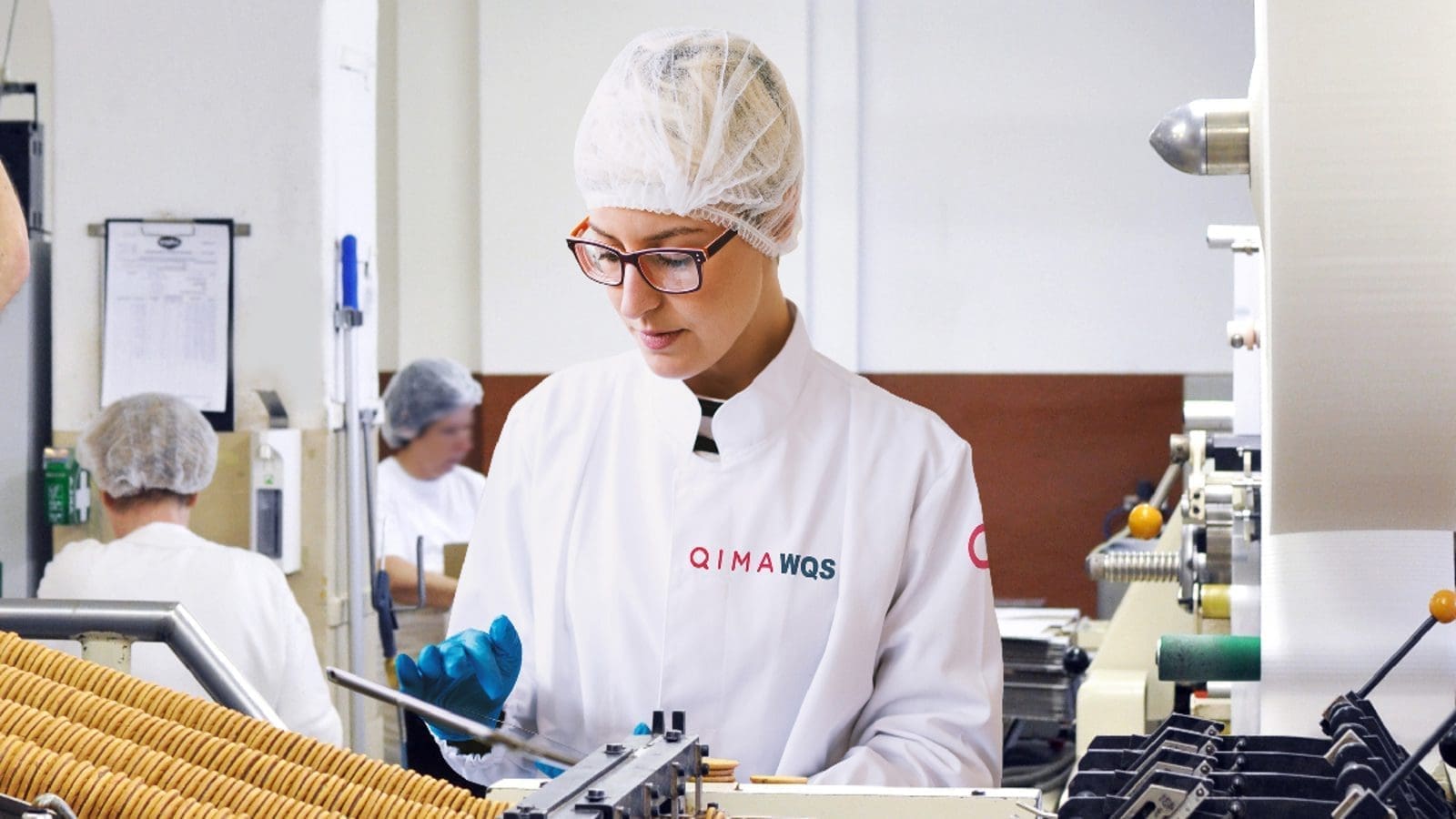GLOBAL – The U.S. Agency for International Development (USAID) has launched a US$75 million global project christened ‘USAID Advancing Food Fortification Opportunities to Reinforce Diets (USAID AFFORD) project’ to improve access to fortified foods.
The project, which is a component of the U.S. government’s Feed the Future effort, will promote widespread food fortification through a comprehensive strategy that places businesses at the center of the solution while strategically collaborating with the public, private, and civil society sectors.
Feed the Future is the U.S. government’s initiative to eradicate hunger worldwide. It is coordinated by USAID and driven by collaborative partnerships between the public and private sectors including 11 U.S. Government agencies.
“Food fortification can give families a kind of nutritional safety net, you might say, providing the essential nutrients that they need to survive.
“And it’s incredibly cost-effective: iron fortification costs $0.08 per child, iodine fortification of salt even less,” said USAID Administrator Samantha Power, announcing the program at the Borlaug Dialogue in Des Moines, Iowa.
The initiative’s partners include Nutrition International, the Food Fortification Initiative, and ISF Advisors in addition to TechnoServe, which oversees program implementation.
“With this funding, we will work with governments to set and enforce nutritional standards while also providing resources to expand and scale fortification across regions facing malnourishment,” Samantha continued.
The most economically and nutritionally vulnerable population groups, particularly women and children, are affected by diets deficient in vital nutrients such as vitamin A, iron, folic acid, zinc, and iodine.
In a study published by The Lancet Global Health, researchers estimated that 1.2 billion women of reproductive age globally have one or more micronutrient deficiencies, as do more than 372 million preschool-aged children, resulting in “…increased susceptibility to infections, birth defects, blindness, reduced growth, cognitive impairment, decreased school performance and work productivity, and even death.”
The World Health Organization (WHO), for example, estimates that vitamin A deficiency causes blindness in up to 500,000 children annually.
Fortification a low-cost, high-impact intervention
In order to address this “hidden hunger” and make sure that even the most vulnerable populations can consume a diet with the necessary vitamins and minerals, more than 140 countries currently require the fortification of one or more food vehicles.
Fortification of staple foods and condiments is a proven low-cost, high-impact intervention. In a number of low- and middle-income nations, however, fortification requirements compliance has remained incredibly low despite these laws.
In order to increase access to fortified foods, USAID AFFORD will encourage cooperation and action among significant players in the food system.
It will make use of TechnoServe’s methodologies for assisting food processors and fostering trust with the private sector, which have been refined through use in projects like the Feed the Future projects AINFP and SAFE, to address industry-wide challenges and opportunities and offer tailored support to specific local food businesses.
“Adopting large-scale food fortification is key to improving the nutrition, health, and development of millions of people around the world, and food businesses are a vital part of making that work.
“We are excited to partner with USAID, Nutrition International, the Food Fortification Initiative, and ISF Advisors to support processors and other stakeholders around the world to drive real, lasting change in the food system and improve lives,” said William Warshauer, President and CEO of TechnoServe.
For all the latest food safety news from Africa and the World, subscribe to our NEWSLETTER, follow us on Twitter and LinkedIn, like us on Facebook and subscribe to our YouTube channel.








